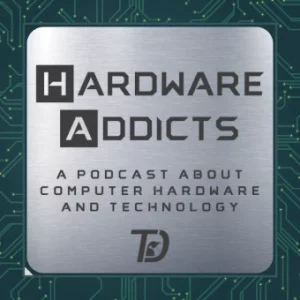Support the show by becoming a patron at tuxdigital.com/membership or get some swag at tuxdigital.com/store
Hosted by:
Ryan (DasGeek) = dasgeek.net
Jill Bryant = jilllinuxgirl.com
Michael Tunnell = michaeltunnell.com
Chapters:
00:00:00 Intro
00:00:42 Results of Michael’s Ratpoison Challenge
00:03:54 Community Feedback
00:15:13 Tech That Slipped Through Our Fingers
00:53:33 Canonical goes distro’less
01:02:03 New Sneaky Android Malware
01:10:32 Software Spotlight: Echo
01:13:13 Outro
Links:
- Results of Michael’s Ratpoison Challenge
- Community Feedback
- Tech That Slipped Through Our Fingers
- https://en.wikipedia.org/wiki/Neo_Geo_(system)
- https://en.wikipedia.org/wiki/Samsung_SPH-N270
- https://en.wikipedia.org/wiki/Google_Glass
- https://en.wikipedia.org/wiki/PalmPilot
- https://en.wikipedia.org/wiki/BlackBerry_Curve_8520
- https://en.wikipedia.org/wiki/Palm_Pre
- https://en.wikipedia.org/wiki/Atari_Portfolio
- https://en.wikipedia.org/wiki/Cray-1
- https://en.wikipedia.org/wiki/Cray_X-MP
- Canonical goes distro’less
- New Sneaky Android Malware
- Software Spotlight: Echo





